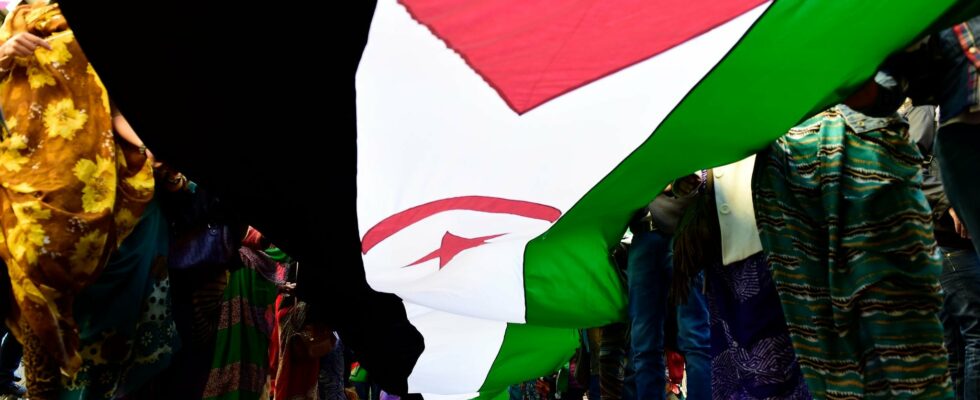By supporting Morocco’s project for autonomy in Western Sahara, France has irritated the Algerian authorities. The quarrel over this former Spanish colony is old: its annexation by Rabat in 1975 was never accepted by the Polisario Front, an independence movement supported by Algeria. Morocco is now proposing to install an autonomous government, with the Moroccan state retaining its attributes linked to sovereignty as well as its prerogatives in defense.
In response, Algeria decided to immediately withdraw its ambassador to Paris. Algiers is storming, Algiers is threatening. Could this mood swing have more consequences, including on the economic level? The links between our two countries are largely focused on hydrocarbons. However, until now, “the very old energy relations between France and Algeria were good”, says Francis Perrin, researcher at the Institute of International and Strategic Relations (Iris) and member of the Moroccan think tank Policy Center for the New South.
In addition to importing Algerian oil and gas, French companies provide capital: the Banque de France had recorded 2.4 billion euros of FDI (foreign direct investment) in 2022, placing France in third place behind the United States and Italy. At the forefront is TotalEnergies, established in the country for several decades, and a partner of Sonatrach, the Algerian national company. The French energy champion explores and produces oil and gas through interests in the Tin Fouyé Tabankort and Timimoun gas fields, and the oil fields of the Berkine basin. It is also active in liquefied natural gas.
Business will continue between Paris and Algiers
Last year, the French company’s production in Algeria reached 51 thousand barrels of oil equivalent (kboe) per day, compared to the 2,483 kboe/day of hydrocarbons produced by TotalEnergies worldwide, or 2% of the total. Developments are planned on Tin Fouyé Tabankort, supported by a validation, on October 15, 2023, of the conversion of production contracts. The objective is to increase the production of these fields to more than 100 kboe/day by 2026. In the Timimoun region, a memorandum of understanding was signed with Sonatrach last April, prior to the signing of a contract on local gas resources. Asked by L’Express, the group “affirms its desire to support economic development by launching new investment programs contributing to the development of the country”.
But is this historical relationship likely to be called into question? For Francis Perrin, if a diplomatic reaction appears spectacular but easily reversible, it is not the same in the business world. “It would be dangerous for Algeria to withdraw from a contract signed by both parties,” underlines the researcher, skeptical of such a scenario. In addition to potential damages, Algiers would risk scaring away FDI from other countries. Regarding the projects currently under negotiation, the question arises more. “But if the discussions are advanced, this would mean starting from scratch with another player. It is not certain that this is in the national interest,” tempers Francis Perrin. Will the Algerian authorities turn to other European partners, such as Italy and Spain? The energy specialist does not believe in a decision taken on a whim, in such a strategic sector.
From France’s point of view, the issue is less fundamental. “Algeria represents around 8% of gas imports and around 10% of France’s oil supplies,” says Francis Perrin. Far from a partner like Norway, for example, which supplies 40% of French gas.
